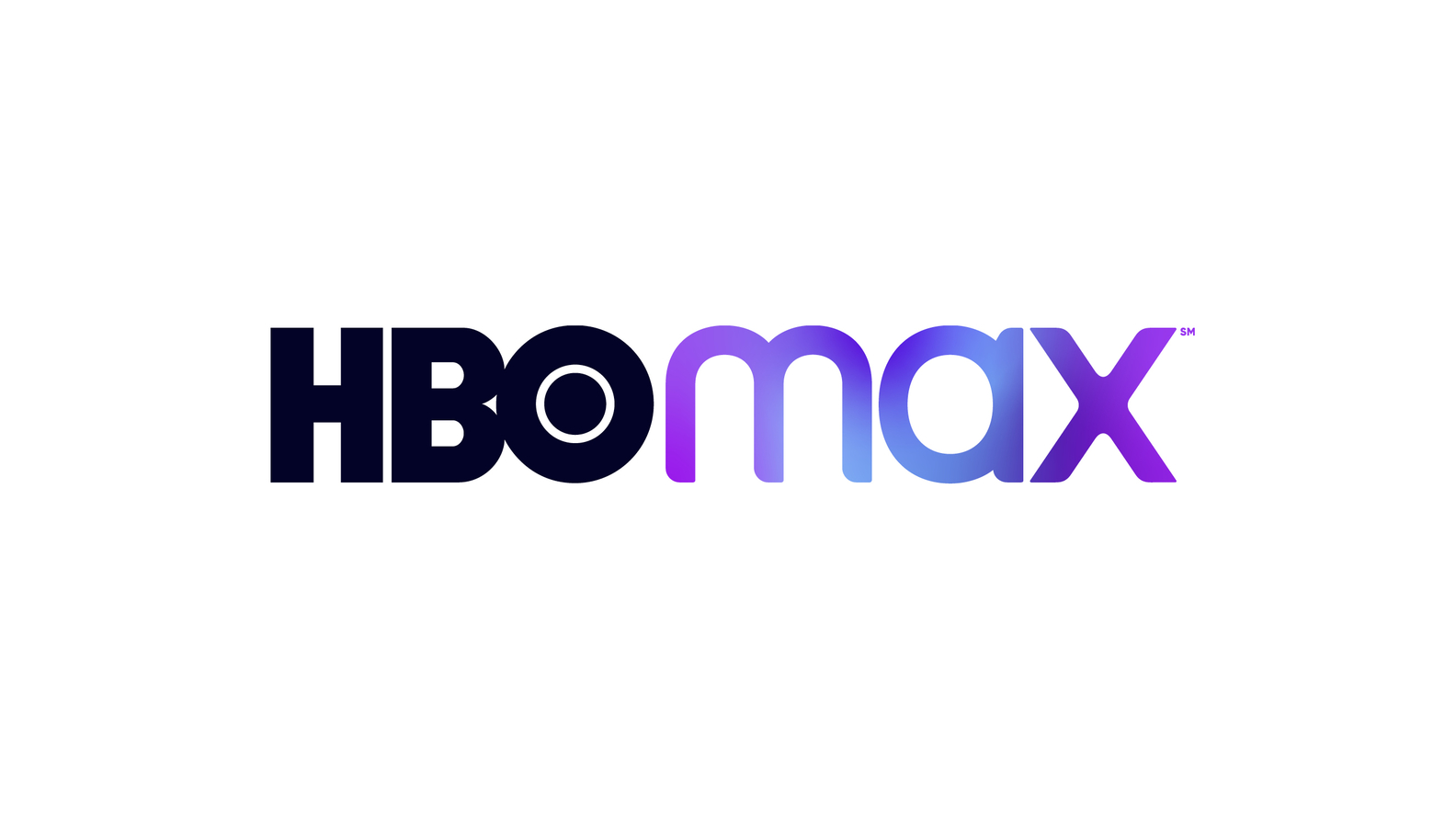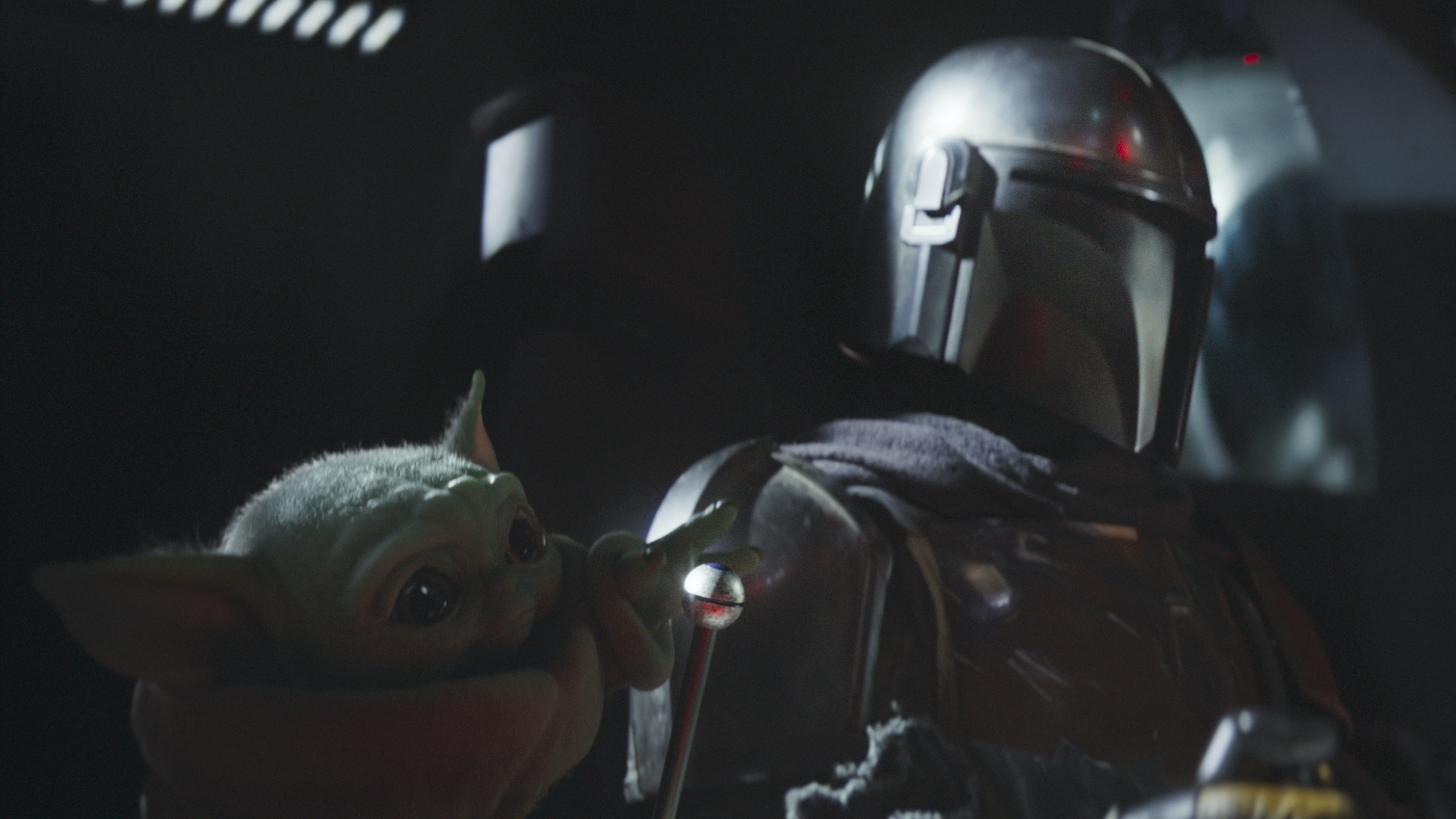In 2020, we'll learn how many streaming services is too many
HBO Max and Peacock join the streaming wars in 2020

2019 was a sample of what's to come in the streaming wars. Big US exclusivity deals were announced for popular old shows, like Seinfeld (Netflix), Friends (HBO Max) and The Office (Peacock), demonstrating that a solid back catalogue is as important to a streaming service's success as its original programming. Apple TV Plus and Disney Plus launched, giving consumers yet more options to choose from. And multiple new streaming services unveiled release dates, pricing and their own exclusive content.
Streaming TV used to be a lot simpler. While choice is usually good for consumers, here it remains to be seen if that's genuinely the case, even if it results in more great content than we can possibly watch. The domination of giants like Netflix, Amazon Prime Video and Hulu put your favorite shows and movies in a finite number of possible places. In 2020, if you want to watch everything in the US, it's simply going to cost you more money.
Still, the new streaming services have plenty to get excited about in terms of exclusive content, and not all of them will necessarily require a subscription fee.
Here's what to expect from the streaming wars in 2020.
HBO Max and Peacock will enter the fray

The first big new streaming service to drop in 2020 will be Peacock, which arrives from NBC Universal in April. More details will be revealed during an investor meeting on January 16, but this new streaming service will feature paid subscription and ad-supported options. A CNBC report from November suggests everyone will be able to get the core offering for free, which would be a smart move, given how many services require a subscription fee every month.
Peacock's programming will includes classic sitcoms like Parks and Recreation and The Office (coming in 2021), with the latter remaining one of the most popular series on Netflix years after it ended its original run. Some of Peacock's original shows sound pretty great, too: a new version of Battlestar Galactica from Mr Robot creator Sam Esmail, for example, and a new sitcom called Rutherford Falls from The Good Place creator Mike Schur. The service is hoping to create a new version of The Office, too, which would no doubt be a success.
Ultimately, if it's not locked behind a paywall and it's available on a wide variety of devices, it's not hard to see people downloading Peacock to watch classic episodes of sitcoms they already like. It will also feature movies from Universal's catalogue and content from Lionsgate.
Get daily insight, inspiration and deals in your inbox
Sign up for breaking news, reviews, opinion, top tech deals, and more.
HBO Max, meanwhile, launches at $14.99 per month in May. The simple way to pitch this one is that it's HBO, plus Warner Bros (and a bunch of other content). HBO still makes the best TV around, with Watchmen and Chernobyl demonstrating that in 2019, so that alone is a big sell. And when you consider that HBO Max will also feature every Batman movie ever made, or every episode of Friends and The Big Bang Theory, you start to see how wide its appeal could be.
Its originals sound promising, too, with the most exciting being Tokyo Vice, a series based on the book Tokyo Vice: An American Reporter on the Police Beat in Japan by Jake Adelstein. The pilot is directed by Michael Mann (Heat), and it starts Ansel Elgort of Baby Driver fame. That's just scratching the surface, though: check out our HBO Max explainer for more on what's in the works.
That subscription fee is on the high side compared to its competitors, but the back catalogue of shows and movies here is extremely strong. As well as the content mentioned above, HBO Max will be the new streaming home of Studio Ghibli's animated movies, South Park and Rick and Morty.
And then there's Quibi

Quibi is another service launching in 2020 (April 6), specializing in short-form video of ten-minute episodes or less, for $4.99 per month with ads, and $7.99 without them. Quibi is short for 'quick bites', and its initial programming line-up features a lot of big names. The service is targeting an audience of 25-30 year-olds.
Shows include a Steven Spielberg series that can only be watched at night, a Chrissy Teigen-hosted Judge Judy-style reality series and a remake of The Fugitive that features Kiefer Sutherland. It's likely that most of Hollywood is not viewing this as competition to more typical streaming services, since it's received investment from the likes of Disney and Warner Bros.
Where that slots into the landscape of other streamers is unclear, but the format automatically differentiates it from competitors. Hey, if you're sick of hour-long Netflix shows, maybe 10-minute episodes sound like a relief.
Will people stay subscribed to existing services?

Hanging on to subscribers will be the main challenge for existing services, as the competition intensifies.
Disney Plus, which launched with The Mandalorian as well as the impact of a near-complete Disney content archive, has to wait until Fall 2020 for both season 2 of the live-action Star Wars TV show and its first Marvel series, The Falcon and the Winter Soldier.
While it has original programming to come throughout the year, like a new season of animated show The Clone Wars, maintaining momentum is going to be tough. Still, there's no doubt it'll be a big deal when newer Disney movies like the live-action Aladdin and The Lion King are ready to stream in the coming months.
Apple TV Plus, which didn't blow us away at launch, has a lot of programming to come in 2020 and beyond, like videogame sitcom Mythic Quest from the creators of It's Always Sunny in Philadelphia. That arrives in February. Most of its originals, too, like The Morning Show and See, are returning for second seasons.
While older services like Netflix and Amazon Prime Video now have their own extensive back catalogues of original content, it's unclear what the effects of older shows switching to newer streamers will be. According to a Nielsen report, The Office and Friends were Netflix's number one and two shows respectively in 2018. They're both monster hits that have been off the air for years, and to some extent, they're impossible to replicate: they were successful shows when there was simply less to watch than there is now.
You might just have to be flexible if you're conscious of overspending on streaming services in 2020.
Star Trek: Picard is one of the bigger originals coming in 2020, arriving in January on CBS All Access. That service already has eight million subscribers, and it's growing a whole platform of Trek shows, with a third season of Discovery to come, as well as two new Trek spin-offs, Lower Decks and Section 31.
The key question: will anyone have time to watch every good show in 2020? Price is one thing, but these services are also competing for your finite amount of spare time as well as your money.
Each major streaming service seems to have a strategy of combining expensive originals with back catalogue content. The former might get you to subscribe, while the other provides hours upon hours of comfort viewing that are meant to keep you watching. It'll be interesting to see how much of a motivating factor it is for Friends to switch to HBO Max, for example, or how important getting the rights to Seinfeld will be for Netflix US, and whether that makes up for losing The Office.
2020 will be a game-changing year

Splashy launches are one thing, but for a lot of us, Netflix and Amazon Prime Video have been in our lives for years. By the end of 2020, we'll begin to figure out what our optimal selection of streaming services will look like. Some consumers will pay for all of them, but many will just want a couple. This is why each streaming service needs an identity: people are likely to start subscribing by area of interest, especially when the selling point of the content is so clear with a service like Disney Plus, or CBS All Access doubling down on Star Trek.
The competition is a good thing in terms of original programming - every year, TV shows seem to get better and better. But paying more than $50 per month to see every big new series isn't ideal for most people, especially when streaming services were meant to offer a solution to a hefty cable bill.
It's possible not every service will survive the streaming wars. But maybe that won't be a bad thing for TV viewers. There has to be a reason for each streaming service to exist that isn't just about a big studio hawking its own archive content, with the hope you'll drop a few bucks a month on a subscription.
Samuel is a PR Manager at game developer Frontier. Formerly TechRadar's Senior Entertainment Editor, he's an expert in Marvel, Star Wars, Netflix shows and general streaming stuff. Before his stint at TechRadar, he spent six years at PC Gamer. Samuel is also the co-host of the popular Back Page podcast, in which he details the trials and tribulations of being a games magazine editor – and attempts to justify his impulsive eBay games buying binges.
